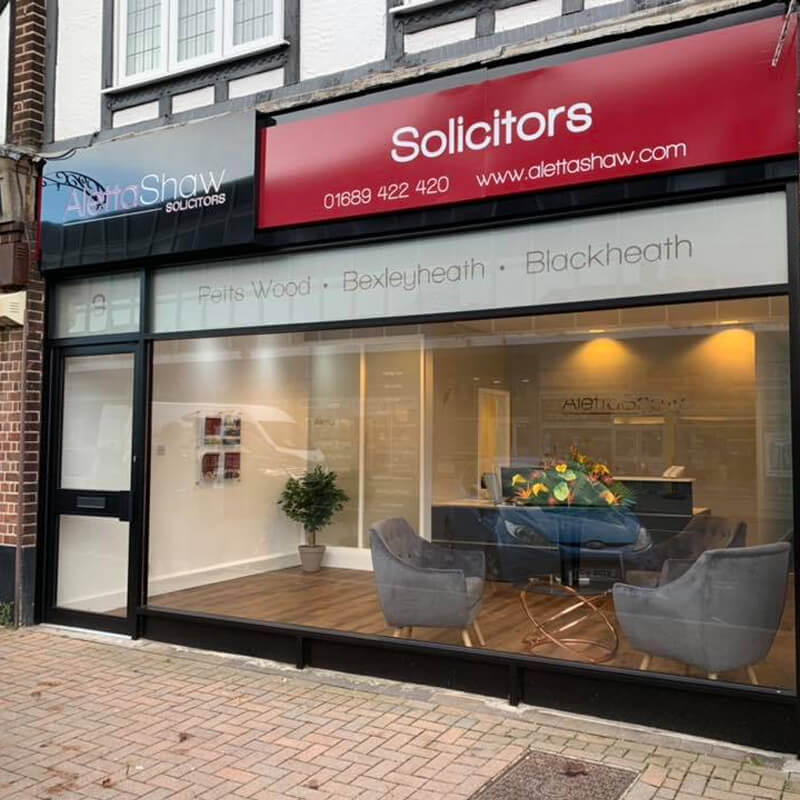The majority of tenancy agreements are Assured Shorthold Tenancies. They are usually for a period of 6 or 12 months and the tenant is entitled to remain in the property for the entire duration of the tenancy. The landlord can only obtain possession if there is a breach of the tenancy agreement.
To obtain possession of the rented property, the landlord must obtain a court order for possession. An appropriate notice, depending upon the procedure used, must be served in writing on the tenant before proceedings can be issued. Although it is usually two months’ notice that is required, this is not always the case and calculation of the notice period can be complicated. Care should be taken to ensure that sufficient notice is given otherwise the notice will be ineffective and will have to be served again. This causes delay and could result in financial loss.
If the tenant does not leave the property there are two possible routes to regain possession of the property









